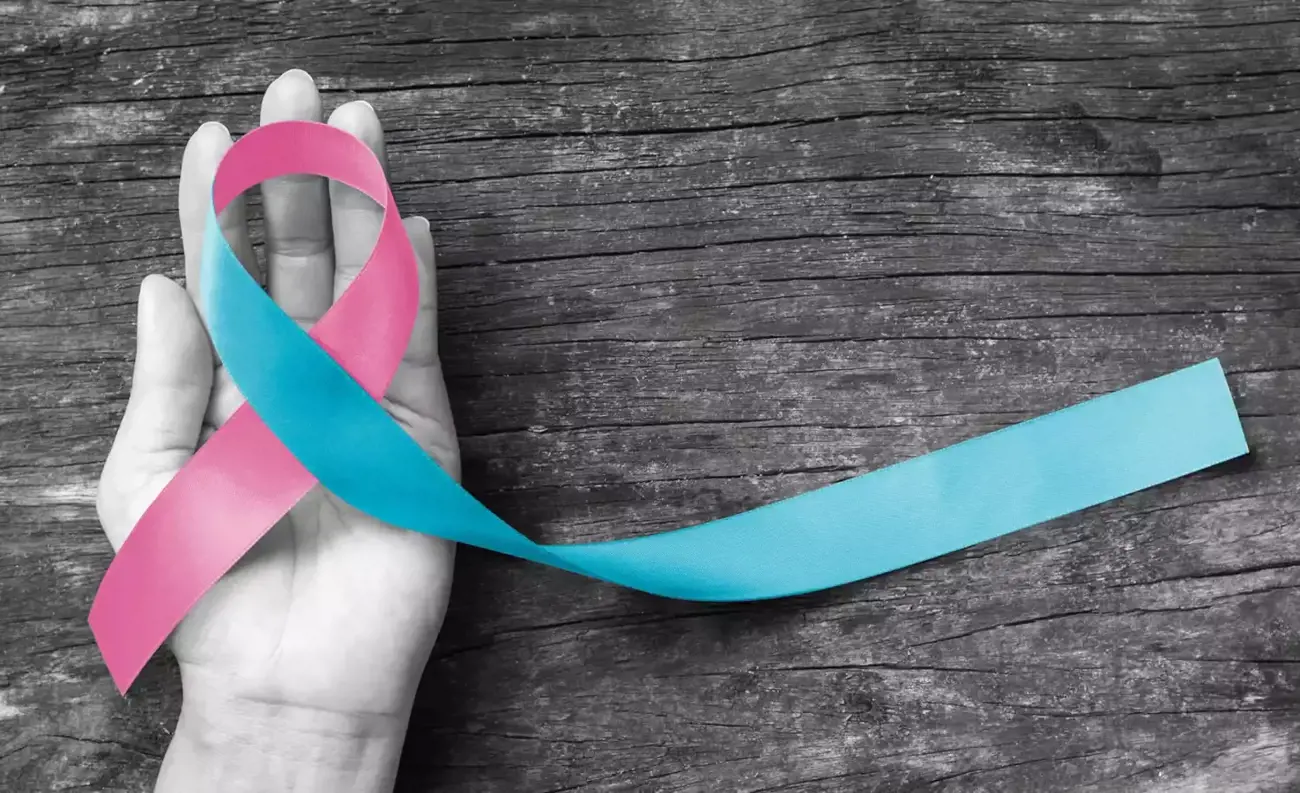Every year in Australia, 103,000 couples discover that they’ve lost their baby early in pregnancy, and although this statistic touches many, miscarriage has long been suffered in silence.
Fortunately, this is changing.
Although no-one can bring a baby back, there is support available to people who’ve suffered this kind of death in the family, and the Australian government has recently introduced paid compassionate leave for those who’ve lost a pregnancy.
To see what help is available to grieving women and families, we spoke with Samantha Payne, CEO and Co-Founder of The Pink Elephants Support Network.
Why did you first set up Pink Elephants, Samantha, and how does your charity support those who’ve experienced miscarriage?
After experiencing my own pregnancy loss, I was devastated and began seeking out people and places that could support me through such a difficult time. During that process, I was shocked to realise that there was no dedicated service in Australia to help women and families who were experiencing miscarriage.
I decided to start The Pink Elephants Support Network to help get miscarriage out of the shadows and give women the support and validation of a like-minded community.
We now have around 6,000 people each day accessing our support materials online, and have seen a huge surge in women joining our online support groups.
You’ve successfully campaigned for compassionate leave following early pregnancy loss.
Could you explain how the law has just changed around miscarriage, and what this means for parents, both practically and emotionally?
Previously, if a woman wanted to take any leave during or after a miscarriage, she was forced to use up her sick leave or annual leave to do so.
Pink Elephants thought this was shocking – this is not a person with the flu, or taking a holiday, but a person experiencing a profound and often traumatic loss.
We heard stories every day of women bleeding at their desks, or taking leave they could not afford, in order to recover. And since miscarriage is still so sadly taboo for people to speak about, especially in the workplace, many women felt unable to tell their employers the full truth about what was happening to them, and this need to lie often only made them feel worse.
With the passing of the Leave for Loss legislation, the Fair Work Act 2009 has now been amended to stipulate that employers must offer two days of paid compassionate leave to a person who experiences a miscarriage before 20 weeks. The Act covers private companies and the Commonwealth public service.
Practically, the law change means couples or individuals can take a few days to rest and process the pregnancy loss, without the stress of using up other types of work leave.
These few days can represent the beginning of a healing journey. More importantly, it’s a symbolic gesture that the government acknowledges miscarriage as a true loss and the grief as being very real.
A pregnancy loss is heartbreaking for couples. What advice do you have for people who’ve lost a much-wanted baby?
It is, indeed, such a heartbreaking experience, and a loss that is as worthy of grief as any other loss. Sometimes, just giving yourself the space to validate your grief can form a significant part of the healing process.
My advice is to take all the time you need to properly work through your loss, together if possible.
There is, sadly, nothing in particular that can be remedied as a result of early pregnancy loss – it may not be a quick road to either physical or emotional recovery.
A couple can support each other by being patient with one another, being accepting of the range of emotions that the weeks following a miscarriage will bring and sharing reassuring words of love to each other. The feelings of anger, sadness, or loneliness will pass as time goes on, although the loss will never be forgotten.
What are some practical and meaningful ways that friends, family and employers can support those who’ve suffered a baby loss?
A practical way for friends and families to support someone who has recently experienced miscarriage is to think about what you yourself appreciate when you are feeling unwell, sad, or lonely. A lot of people really appreciate having a meal cooked for them, or help with cleaning, or looking after other children, so they can rest and have some quiet time of reflection.
Also, be guided by the individual woman. If she is very upset and keen to talk through her experience, let her, and listen as attentively and actively as you can. If she would rather not discuss it, don’t push her to do so. Support her at any upcoming social events, as this can be a vulnerable moment that affects a person’s self-confidence in group situations.
An employer has a duty of care to support a woman who’s shared that she is experiencing miscarriage. Thanks to the newly passed legislation, it is now the law to offer two days paid compassionate leave to those who have experienced a miscarriage prior to 20 weeks.
When the woman returns to work, an employer can simply show patience and understanding. There are often other pregnant women around workplaces, with discussions of babies or children being held without any bad intentions, so just be mindful that these situations can be quite distressing for a person who has recently returned to work after a miscarriage. Try to lessen her workload, where possible, for a few weeks, and remind her that you are there to support her.
Pink Elephants offers free emotional support resources for friends and loved ones, and our Fertility in the Workplace Program provides employers with tools and information to help them support workers who are suffering pregnancy loss or fertility challenges.

































